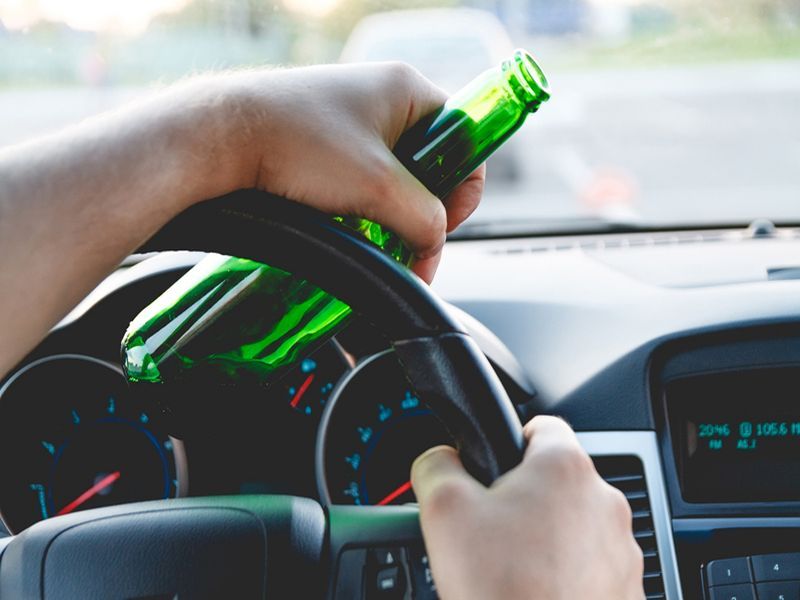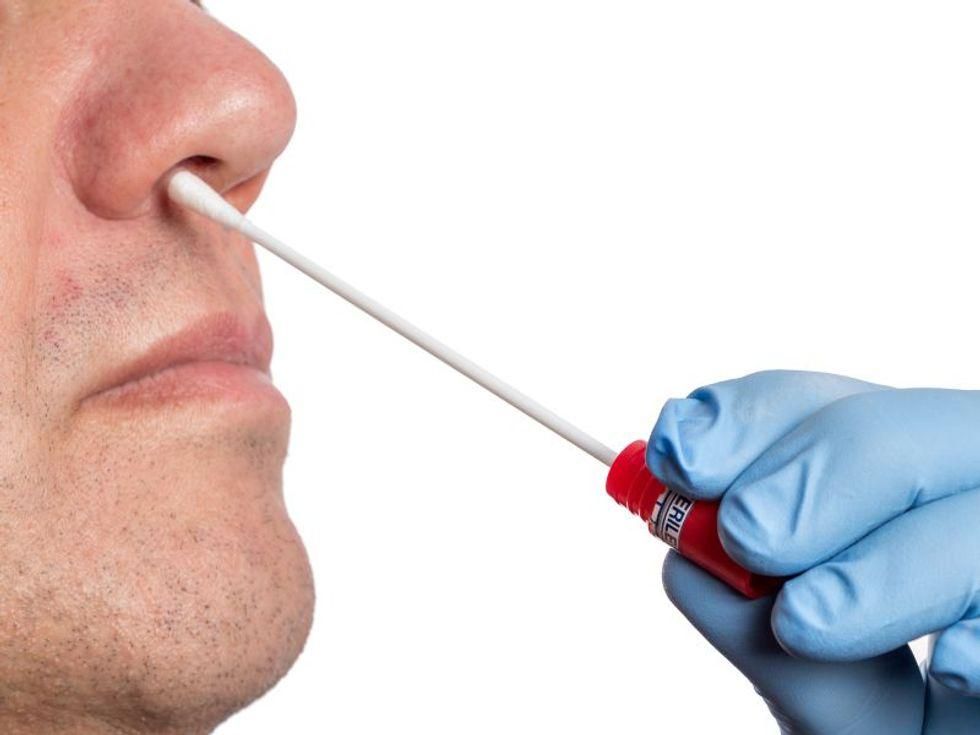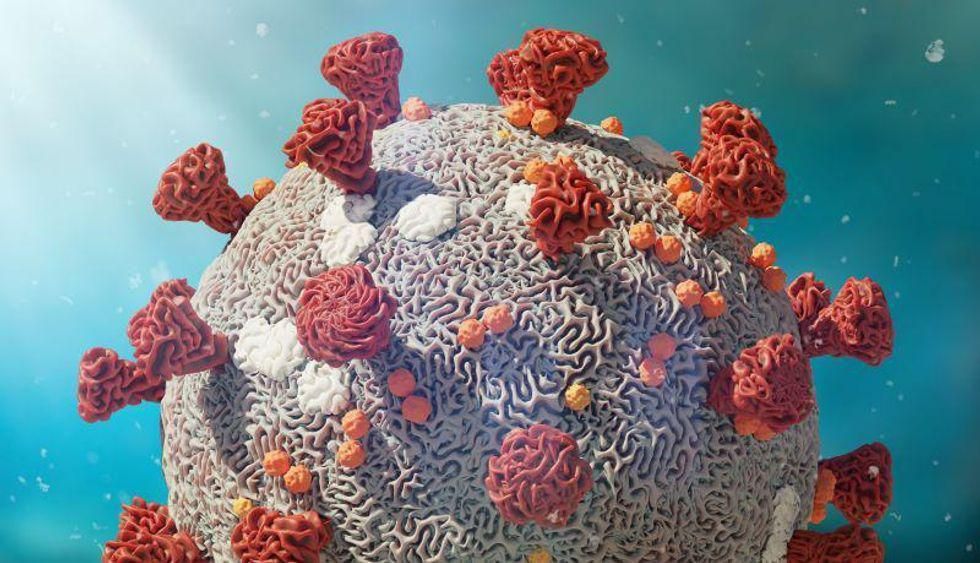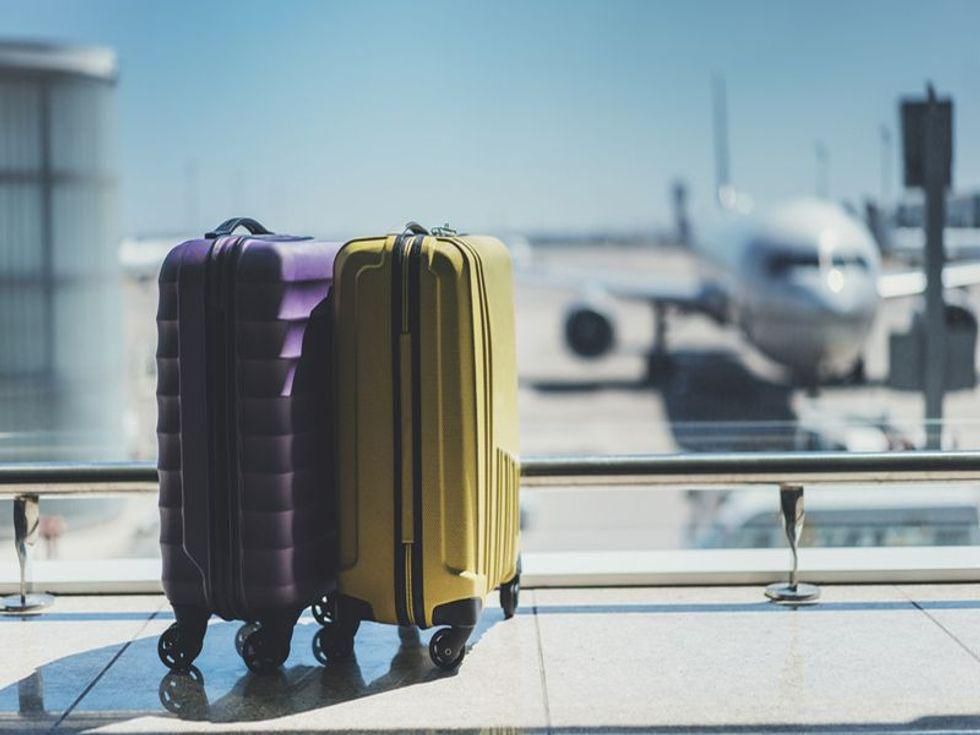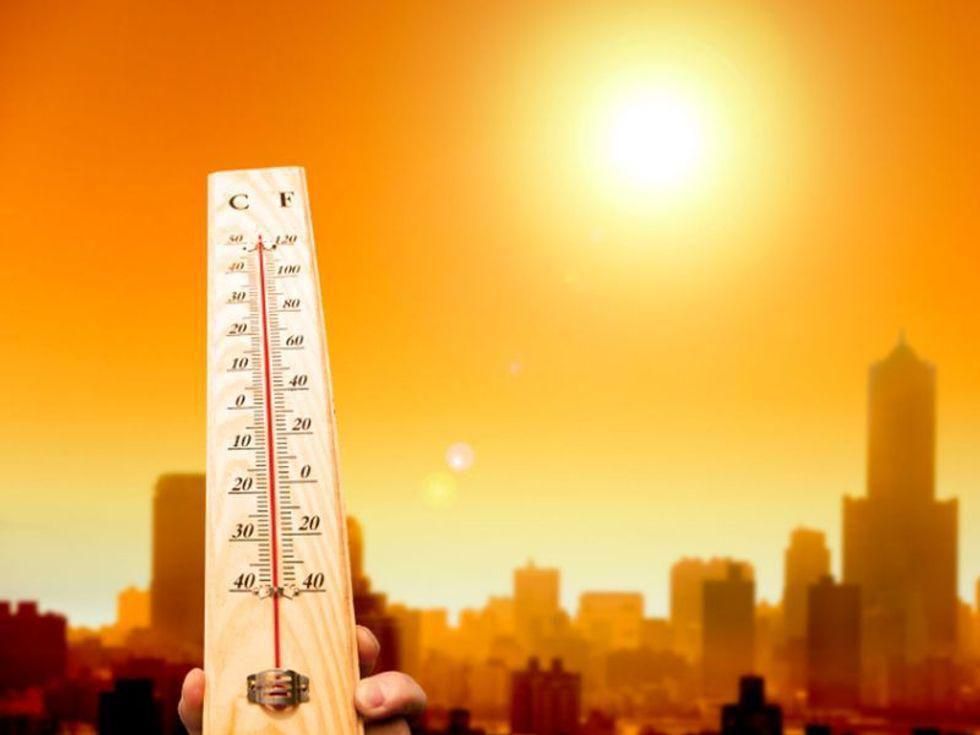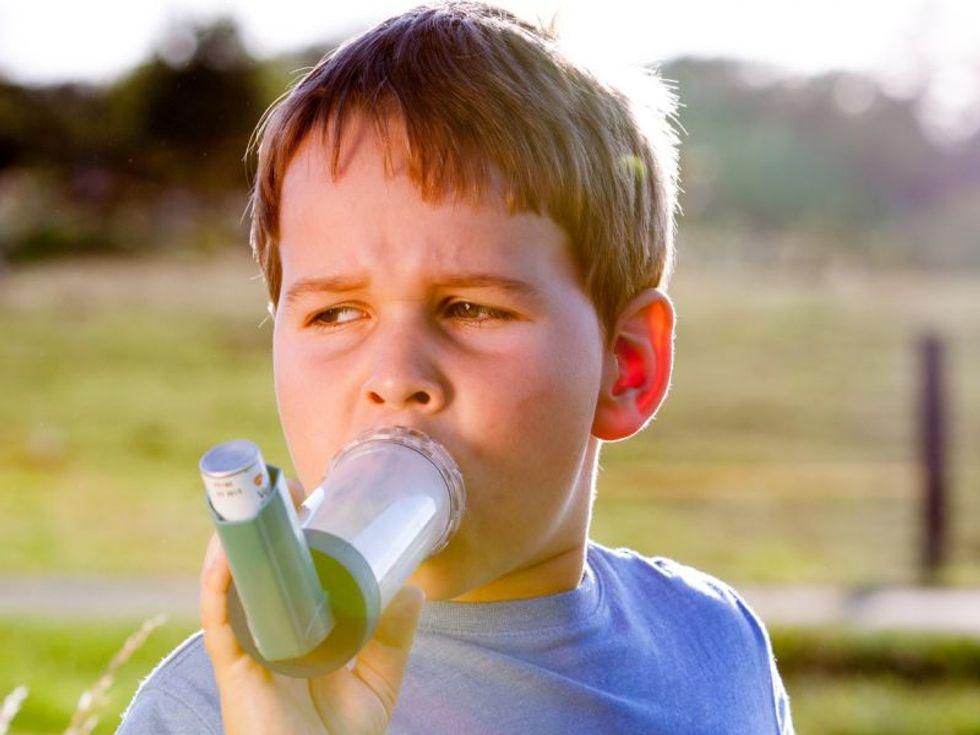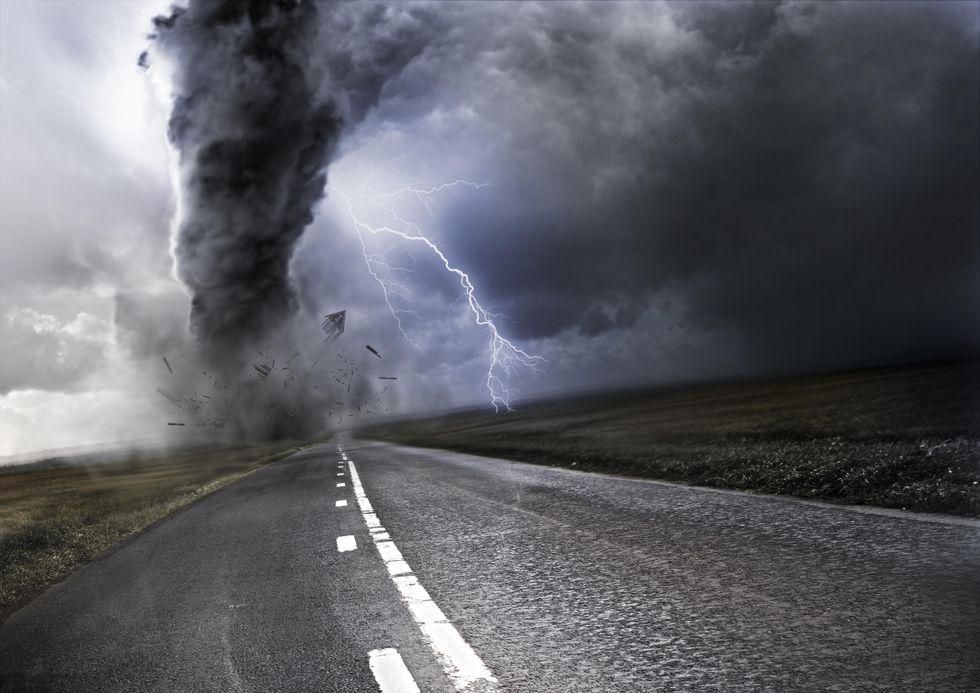
The deadly tornadoes that devastated communities in multiple states this past weekend have destroyed many homes and left others without power. But if people turn to generators to manage in the aftermath, they should use caution, the U.S. Consumer Products Safety Commission (CPSC) warns. Portable generators can expose users to increased risk of carbon monoxide… read on > read on >











